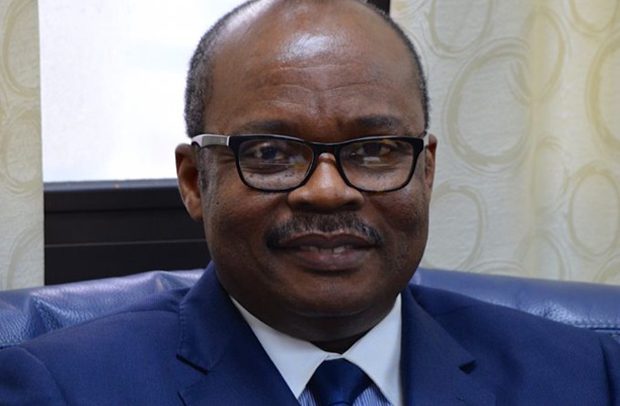Dr. Ernest Addison
The Monetary Policy Committee of the Bank of Ghana (BoG) on Monday maintained the policy rate at 17 percent.
It, however, mentioned that it would continue to closely monitor developments in the coming months and take the appropriate policy actions to address any potential threats to the inflation outlook.
Governor of the Central Bank, speaking to the media, said the most recent forecasts at the just-ended MPC round showed some marginal elevation of the disinflation path, taking into account the possible second round effects of the recent increases in petroleum prices, exchange rate depreciation, effects of recent increases in taxes, pick up in global inflation, as well as the effects of the tight global financing conditions.
“These ordinarily would have warranted some adjustment in the policy rate.”
He revealed that the budget implementation for the year so far had been characterized by revenue under-performance.
“However, the new revenue measures that were introduced during the mid-year budget review are expected to help close the gaps. To help minimize any inherent risk in the fiscal framework, extreme vigilance would be required to keep the fiscal consolidation process ongoing, including ensuring that expenditures are re-aligned to revenue flows to ensure the attainment of end-year fiscal targets.”
Dr Addison said that notwithstanding the above developments, the outlook was for continued relatively stable macroeconomic conditions, adding that the recently signed cocoa syndication loan of US$1.3 billion should bring in additional foreign exchange to further boost our international reserves and provide some cushion against any further pressures.
“Ghana will also benefit from the recent sovereign credit rate upgrade by Standard and Poor’s which should lead to a reduction in Ghana’s sovereign risk premium, reduce the cost of borrowing and minimize rollover risks.”
Furthermore, he stated that the BoG’s leading indicator of economic activity confirmed fairly robust growth.
“However, the economic environment shows some uncertainty about the impact of the global developments on domestic economic growth with higher petrol prices, and exchange rate depreciation. The Committee also noted the tightening credit stance on loans to households and enterprises, as banks continue to clean up their books and the apparent decline in consumer and business confidence.”
By Samuel Boadi


